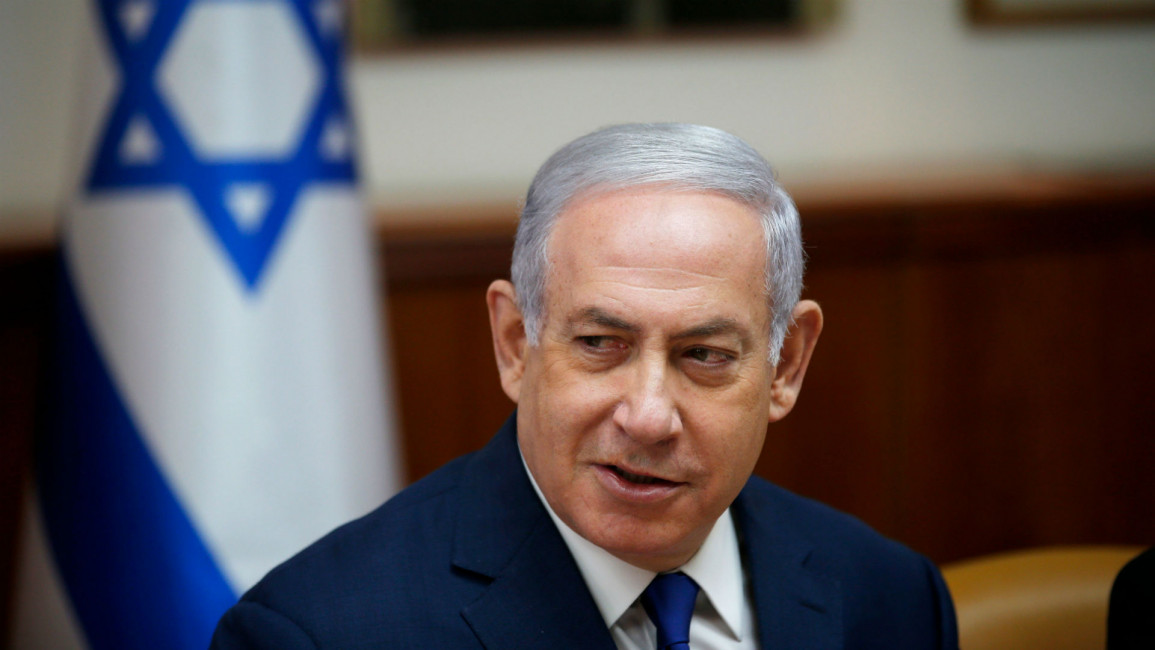Netanyahu to Middle East foes: When it comes to Israel, might is right
Speaking at an event to rename an Israeli atomic reactor in Dimona after former President and Prime Minister Shimon Peres, Netanyahu said Israel's strength came from its defensive weaponry – a veiled reference to its assumed nuclear capabilities.
"In the Middle East, and in many parts of the world, there is a simple truth: There is no place for the weak. The weak crumble, are slaughtered and are erased from history while the strong, for good or for ill, survive," Netanyahu said.
As a result of Israel's strength, the normalisation of relations with the Arab world is happening "before our eyes on a scale that would have been impossible to imagine just a few years ago", Netanyahu said.
"The strong are respected, and alliances are made with the strong, and in the end peace is made with the strong," he added.
Twitter Post
|
Israel has signed peace deals with Jordan and Egypt, while ties with Saudi Arabia are growing increasingly warm.
Both countries see Iran as their biggest outside threat and have the United States as their key ally. In April, Saudi Crown Prince Mohammed bin Salman said Israel has a "right" to a homeland – a rare statement from an Arab leader.
Israel has also maintained covert relations with the United Arab Emirates (UAE), sharing intelligence and cooperating on security issues.
"But our enemies know very well what Israel is capable of doing. They are familiar with our policy. Whoever tries to hurt us—we hurt them," he said, in an apparent threat directed at Iran.
Israel has been lobbying world powers to follow the Trump administration and leave the landmark 2015 nuclear deal, as European leaders attempt to salvage the pact.
Iranian Foreign Minister Javad Zarif responded on Twitter that Iran was being "threatened with atomic annihilation by a warmonger standing next to an actual nuclear weapons factory. Beyond shameless in the gall."
Netanyahu's remarks were issued by his office in a transcript and later posted on Twitter, where users expressed outrage over the rhetoric used, saying it paraphrased fascist speeches from the 1930s and hard-line early Zionist intellectuals.
Israel, which is not a signatory to the 1970 nuclear Non-Proliferation Treaty, neither confirms nor denies having nuclear weapons as part of its decades-old "ambiguity" policy.
Estimates of its atomic armoury are as high as 400 nuclear warheads.



